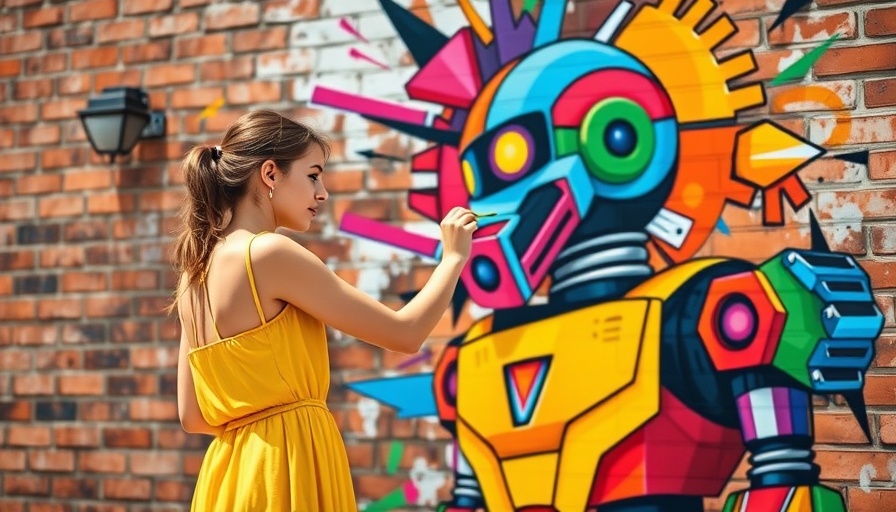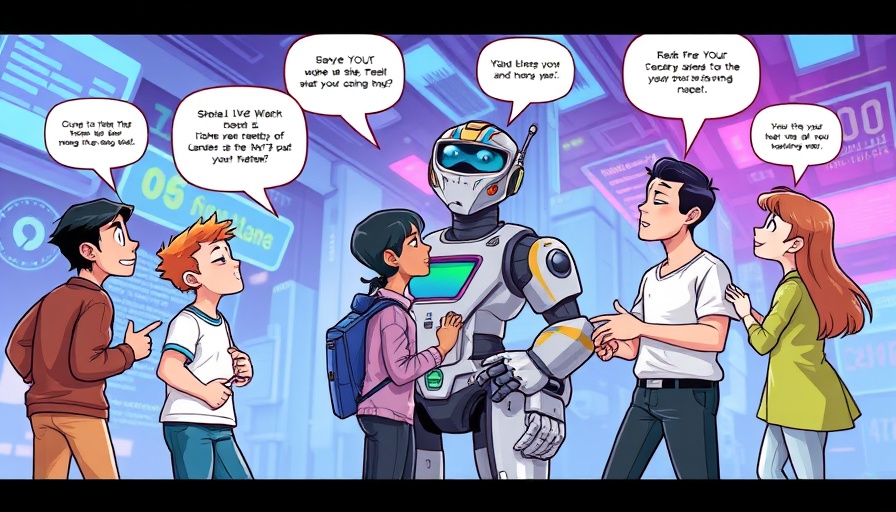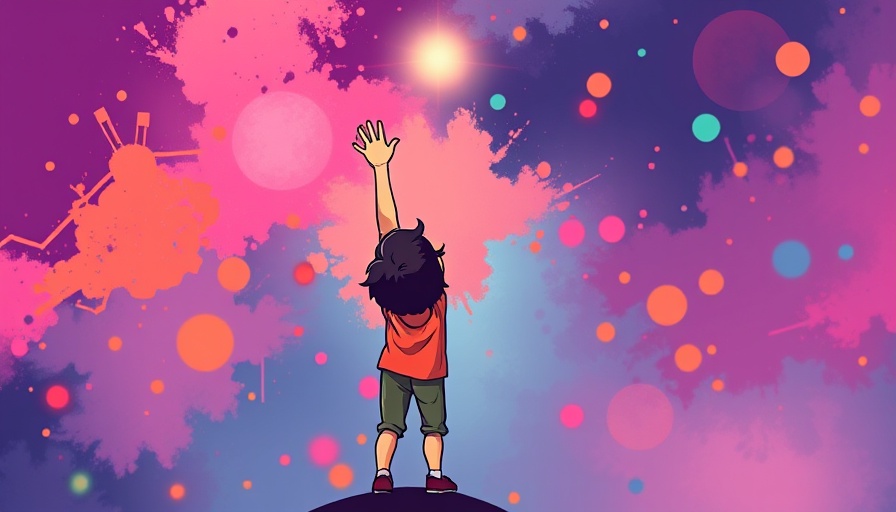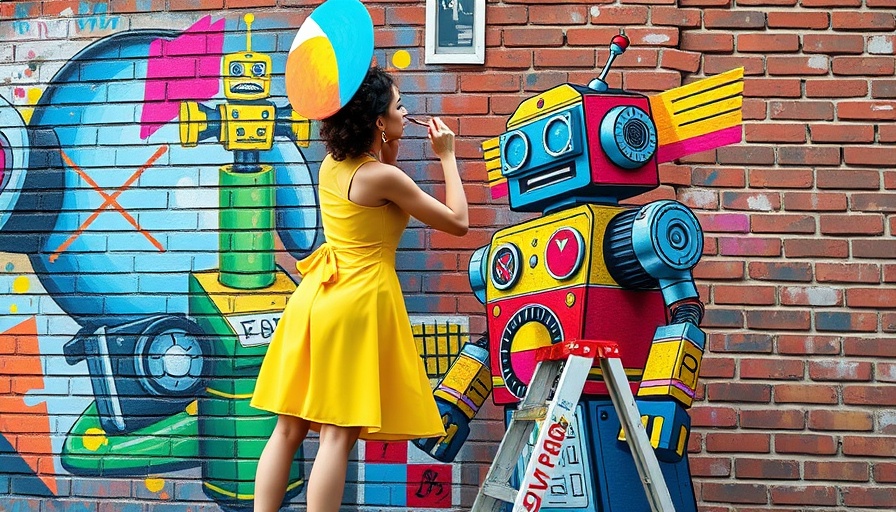
Exploring the Influence of AI Tools on Human Creativity
Large Language Models (LLMs), such as ChatGPT, have become indispensable to various industries, assisting in tasks ranging from email composition to creative writing. With their capability to generate human-like responses from written prompts, these AI-driven tools are reshaping the creative landscape. However, while the immediate outputs are promising, there is growing concern about their long-term impact on human creativity.
The University of Toronto's Groundbreaking Study
A team of researchers from the University of Toronto undertook an investigation to understand LLMs' impact on creative cognition. Their research, shared on the arXiv preprint server, highlights a fundamental concern: these models might hinder original thought processes. By studying divergent and convergent thinking—integral aspects of creativity—the team focused on experimental phases involving tasks adapted from renowned psychological studies.
Learning from the Experiments: A Cautionary Tale
Participants engaged with LLMs like GPT-4o during a specific 'exposure phase', where the model acted as a guide, providing structured ideas rather than final solutions. However, in the independent 'testing phase', those who had relied heavily on the LLM underperformed in comparison to those who had not, suggesting a potential cognitive crutch effect. This points to the importance of balancing immediate benefits and long-term cognitive consequences when deploying AI-driven creative tools.
Future Predictions and Trends in AI Usage
The future of AI in creative settings demands careful consideration of its influence on human cognition. Experts speculate a hybrid approach, where humans and AI tools collaborate, could be optimal. This blending could harness AI's efficiency while maintaining—and even enhancing—human ingenuity. Anticipating these trends will allow industries to navigate challenges and exploit opportunities, keeping creativity thriving.
Actionable Insights for Business Leaders
Executives and decision-makers should weigh the benefits against potential downsides when introducing AI in creative roles. Encouragingly, AI can streamline processes, but fostering environments where human creativity flourishes without over-reliance on technology becomes paramount. Strategies might involve training individuals to use AI as an enhancement rather than a replacement, ensuring that innate creative skills remain lightning rods for innovation.
Valuable Insights: The integration of LLMs in creative pursuits brings both opportunities and challenges. It is crucial for decision-makers to strike a balance between leveraging AI's capabilities and preserving human creativity, equipping leaders with insights on effectively incorporating AI into their strategies while maintaining innovation.
Learn More: For a deeper dive into the University of Toronto's revolutionary study and insights into the future of AI-fueled creativity, click here: https://bit.ly/MIKE-CHAT.
Source: Explore the detailed findings and implications of this research by visiting the original article at https://ai-magazine.com/research-investigates-llms-effects-on-human-creativity/
 Add Row
Add Row  Add
Add 




Write A Comment